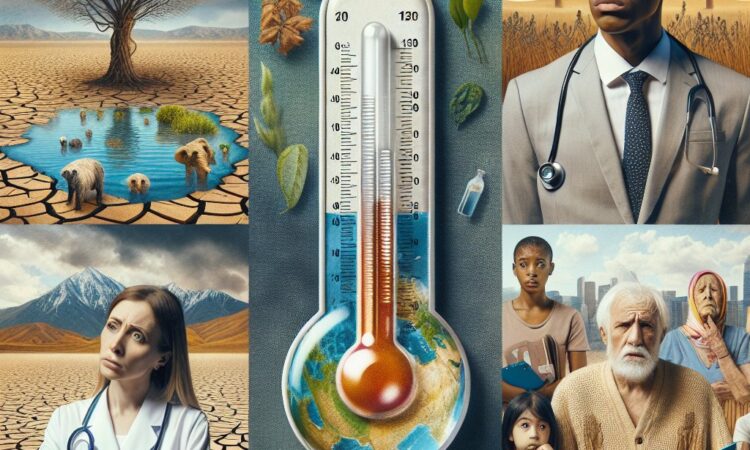Climate Change and Health
Climate change is a major threat to human health. The World Health Organization has identified climate change as one of the greatest threats to global health in the 21st century. Rising global temperatures and changes in weather patterns have severe implications for human well-being.
One of the most immediate effects of climate change is heat stress. As temperatures rise, especially during heatwaves, vulnerable populations, such as the elderly and young children, are at an increased risk of heat-related illnesses, including heat exhaustion and heatstroke.
Another significant health problem associated with climate change is the spread of vector-borne diseases. Mosquitoes, ticks, and other disease-carrying vectors thrive in warmer and more humid conditions. This expansion of vector habitats has contributed to the increase in diseases like malaria, dengue fever, and Lyme disease.
Furthermore, climate change can exacerbate malnutrition. Changes in precipitation patterns and extreme weather events impact agricultural production, leading to potential food shortages and limited access to nutritious food. This can result in malnourishment, particularly in already vulnerable communities lacking resources to adapt to changing conditions.
It is crucial to recognize the interconnectedness between climate change and health. The impacts of climate change on human health are significant and far-reaching. We must take action to mitigate climate change and adapt to its consequences to protect our collective well-being and create a sustainable future for future generations.

